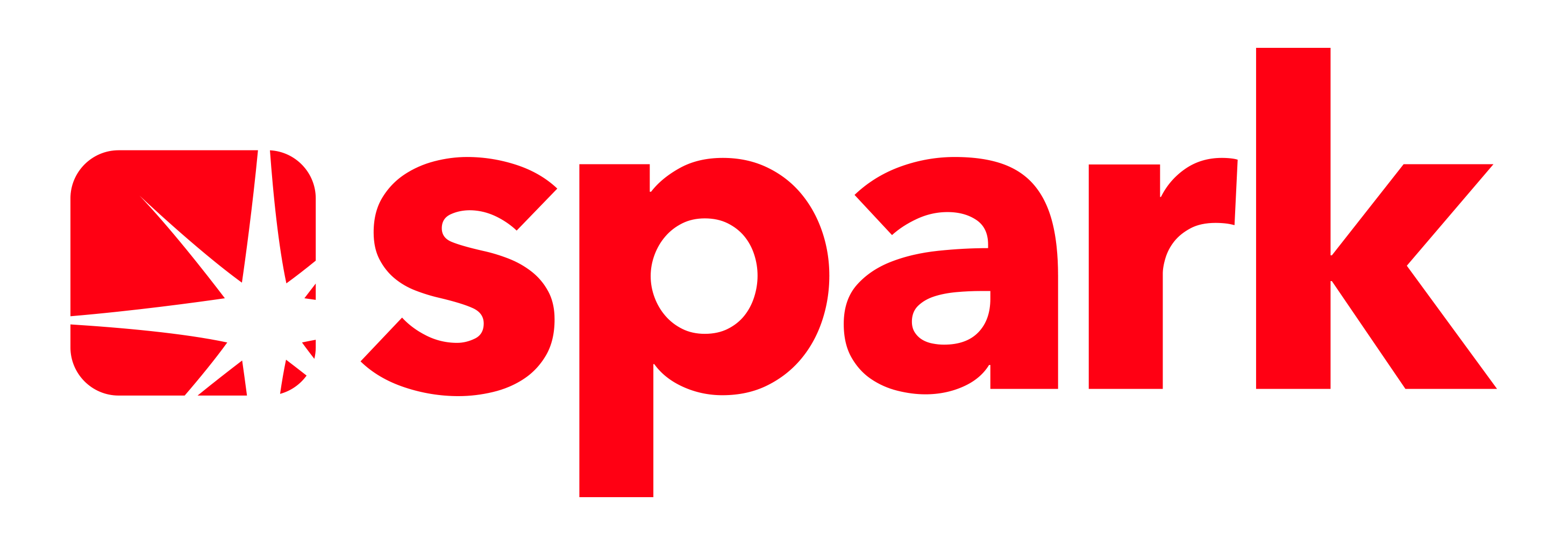Federal
1. The federal tax credit covers 30% of an EV charging station, necessary equipment and installation costs. For residential installations, the IRS caps the tax credit at $1,000.
Federal Tax Credit for Residential EV (rebates4evchargers.com)
2. The US Environmental Protection Agency (EPA) is offering $3 Billion for port authorities and state, regional, local, and tribal agencies with jurisdiction over ports, and air pollution control agencies to deploy zero-emission port equipment and to purchase and install charging infrastructure through its Clean Ports Program. EPA will provide reimbursement of up to $500 Million, up to 80-90% of total eligible project costs, depending on applicant and project details. Applications will be evaluated competitively and will be accepted between February 2024 and May 2024.
3. The National Electric Vehicle Infrastructure Formula Program allocates $5 billion in funding for EV charging infrastructure across 75,000 miles of highway across the country. Your organization must be within one mile of an established alternative fuel corridor to qualify and may need to meet other requirements as well.
Massachusetts
1. Eversource offers rebates up to $120 per program year to residential customers who charge their EV during off-peak hours. For more information, see the Eversource EV Home Charger Demand Response website.
2. National Grid’s Electric Vehicle Charging Station Program provides non-residential customers with installation and funding support to install approved Level 2 or direct current fast charging (DCFC) stations at businesses, multi-unit dwellings, and workplaces. Additional terms and conditions apply. For more information, see the EV Charging Station program website.
3. Braintree Electric Light Department (BELD) offers customers a discount of $250 for the purchase of a qualified Level 2 EV charging station. To qualify, customers must enroll in the Bring Your Own Charger Program. Additional terms and conditions apply. For more information, including eligible EV charging station criteria, see the BELD Rebates and Incentives website
4. BELD’s Smart Charging Program offers 175 free EV miles by way of an $8 monthly credit to customers that charge their EVs during off-peak hours. Additional terms and conditions apply. For more information, see the BELD Rebates and Incentives website.
5. National Grid offers rebates to residential and multiunit dwelling (MUD) customers for the installation of pre-wiring necessary to support a Level 2 EV charging station, up to $700 or $1,400, respectively. National Grid also offers rebates to residential and MUD customers enrolled in National Grid’s low-income electricity rate or located in environmental justice communities for the purchase of a Level 2 EV charging station or the pre-wiring necessary to support a Level 2 EV charging station, up to $2,000
For more information, see the National Grid Residential EV Charging Infrastructure Program website.
6. SELCO offers residential customers a rebate for the purchase and installation of a qualified Level 2 EV charging station. For more information, see the SELCO EV Charger Rebate Program website. The rebate amount is based on the vehicle type and are available in the following amounts:
| Vehicle Type |
Rebate Amount |
|---|---|
| EV |
$700 |
| Plug-in Hybrid Electric Vehicle (PHEV) with less than 15 kilowatt-hours (kWh) of battery capacity | $200 |
| PHEV with 15 kWh of battery capacity or greater | $300 |
7. SELCO provides rebates to commercial customers for the purchase of Level 1, Level 2, or direct current fast charging (DCFC) stations. Commercial customers who purchase and install EV charging stations may receive $250 for each Level 1 port, $1,000 for each Level 2 port, and $3,000 for each DCFC port, up to a maximum rebate of $5,000 per site. For more information, including program guidelines and application materials, see the SELCO Commercial EV Charger Rebate website.


